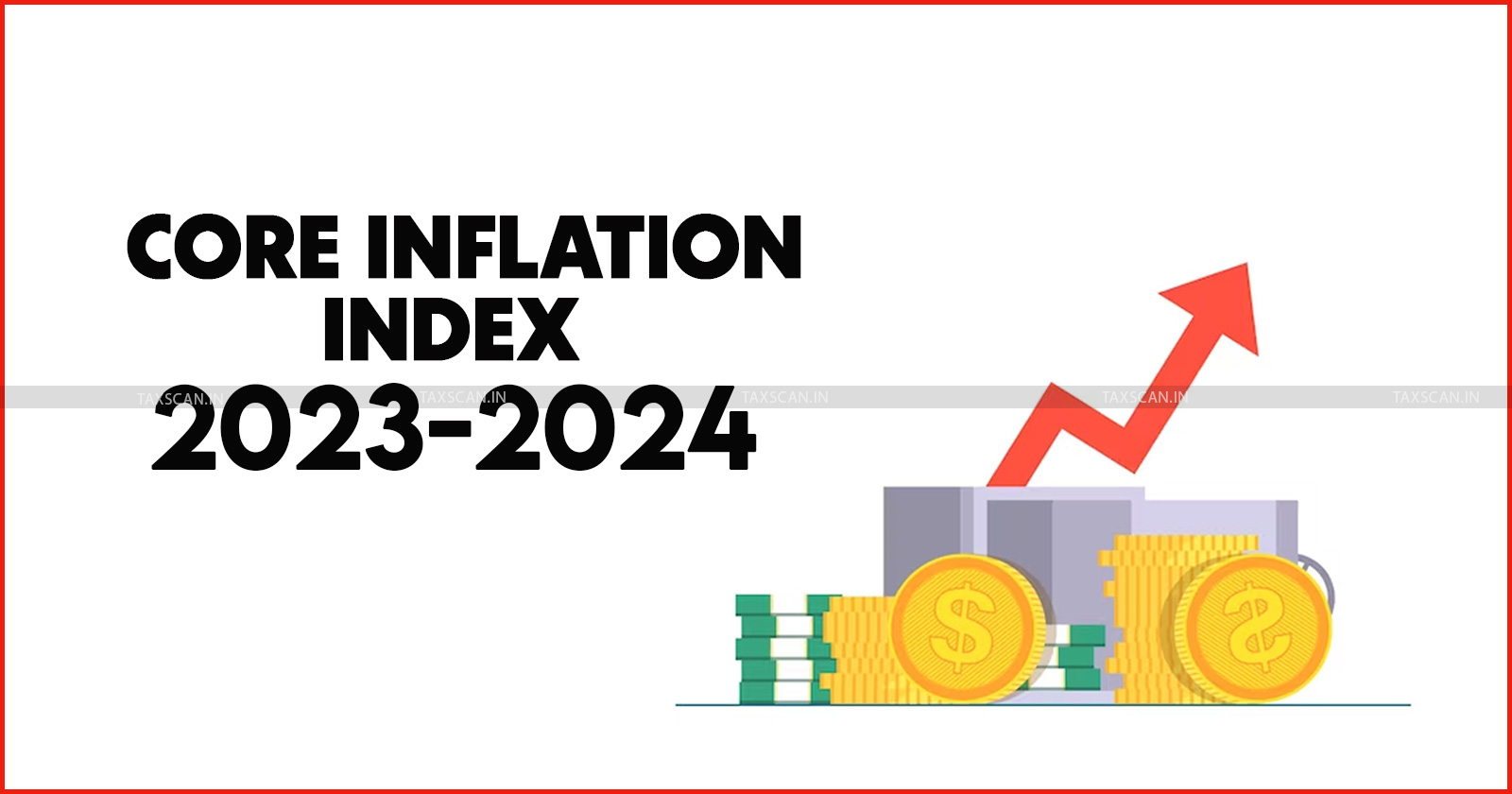Budget 2024-25: Core Inflation currently at 3.1%, says FM Nirmala Sitharaman [Read Bill]
India’s Inflation rates continues to be low and stable, moving towards the 4% target percentage

Budget 2024 insights – Budget 2024 coverage – Union Budget 2024 – Budget 2024 tax changes – Core inflation – taxscan
Budget 2024 insights – Budget 2024 coverage – Union Budget 2024 – Budget 2024 tax changes – Core inflation – taxscan
The Union Finance Minister Nirmala Sitharaman presented the full Union Budget 2024 today before the parliament at 11 am. While the global economy is still in uncertainty due to various policies, India's Inflation remains low and stable, claimed the FM in the Budget Speech.
Currently the Core-Inflation rate,( non-food, non-fuel ) is currently 3.1% in India.Core inflation is the change in the costs of goods and services but does not include those from the food and energy sectors. Food and energy is not included as their prices can fluctuate wildly. But Core inflation is important as it helps in determining the impact of rising prices on consumer income.
The Core Inflation reflects the relationship between the price of goods and services and level of income of consumers. For instance if the prices of goods increase in time and the consumer income does not change, then the consumer will have less purchasing power. Inflation causes the income to decrease in comparison to the prices of basic goods and services.
But if the consumer income rises, while the prices of goods and services remain unchanged, consumers will have more purchasing power which can provide additional money for consumers to spend.
During the previous Financial Year Core Inflation remained moderate.
An increase in the prices of commodities and services across different sectors, this implies a state of inflation. Usually higher inflation rates means higher cost of living and therefore lower purchasing power, higher inflation rates also means higher rates of interest so it also impacts the cost of equity so it should be avoided.
Usually low inflation rates are a good thing but it may not always be good if it keeps on falling. For instance if the prices are falling, consumers may delay their purchase in anticipation of lowering of price in future. As a result of which there will be less economic activity, less income generated by the producers and lower economic growth which finally may lead to the stagnation of the growth of the economy.
While the Global Economy, while performing better than expected, it is still in the grip of policy uncertainties. Due to the elevated asset prices, political uncertainties and shipping disruptions the uncertainties continue. This poses significant risk in the growth and upside risks to inflation.
The GDP Growth of India was marked as 7.2% in the year 2023. But the GDP is expected to be 8.2% in the year 2024.
Despite all the uncertainties still India's economic growth continues to be the shining exception and will remain so in the years ahead, India's inflation continues to be low, stable and moving towards the target percentage of 4% added the FM.
To Read the full text of the Finance Bill CLICK HERE
Support our journalism by subscribing to Taxscan premium. Follow us on Telegram for quick updates


